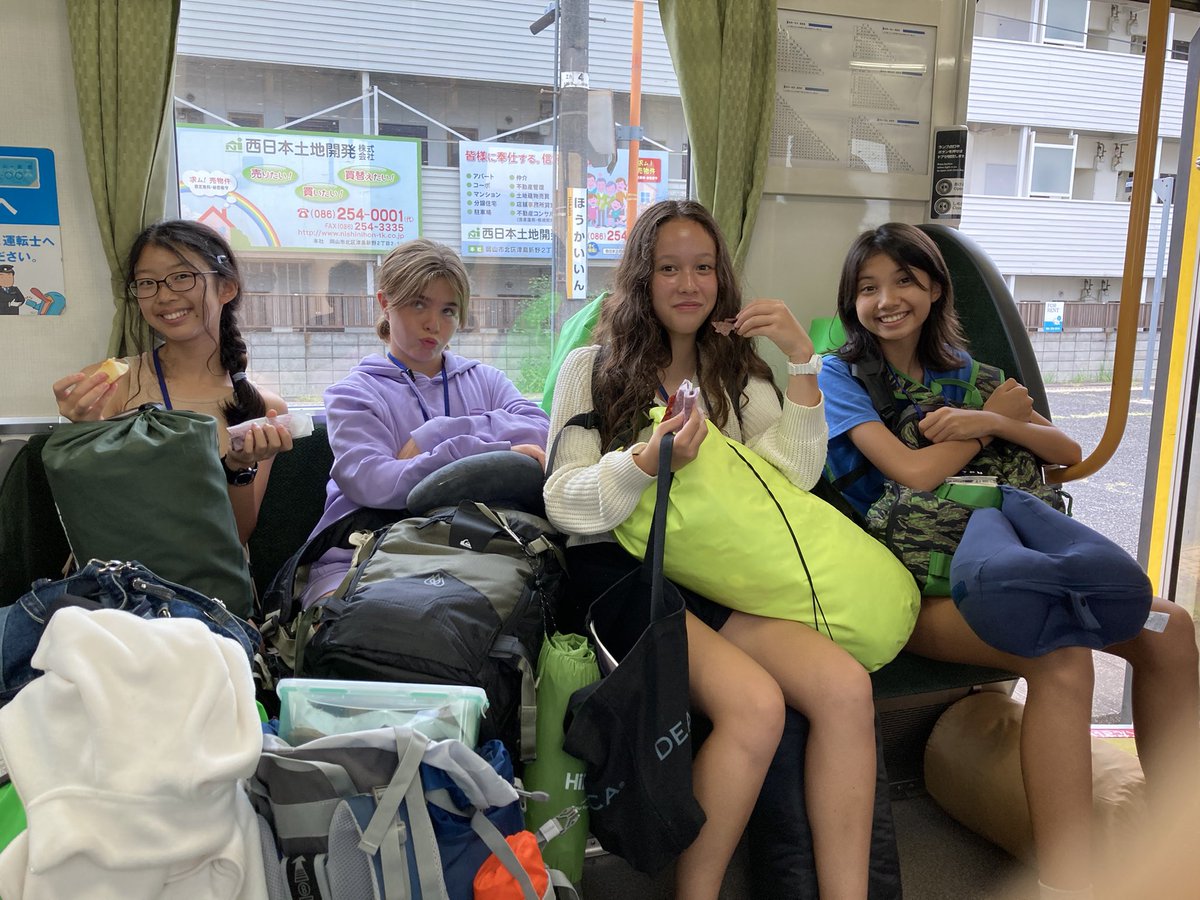Every Tokyo Montessori School has included project-based learning in its curriculum, especially at the CBSE Secondary School level. The rising popularity of these schools can also be attributed to their development and implementation of learning methods to help children develop a strong understanding of academia and think critically to find practical solutions to problems. This piece discusses how project-based learning at a Tokyo Montessori School is reforming educational experiences.
Engaging Through Real-World Problems
The method of teaching students at Tokyo Montessori Schools is based on real-world problems that are worked on within limited frameworks. So, research is expected of them, as well as finding others to interact with in deriving solutions to real situations.
A relevant example of a project for which the students can acquire knowledge in science, technology, and environmental studies includes one in which they are tasked with developing long-lasting housing solutions with renewable sources of energy as part of the solution for their designs.
Students studying in a CBSE secondary school are introduced to passive teaching methods to build skills that help them tackle real-life issues. This helps keep them engaged with the environment setting relevant to the content, maintaining student interest and motivation alive, which are critical factors contributing to educational success.
Development of Soft Skills
One of the developments of Montessori project-based learning in terms of soft skills at a Tokyo Montessori School is communication. Students are taught the art of communication, collaboration, and project leadership.
Such skills are beneficial as they foster a sense of teamwork and communication, which is as good as getting high academic scores. In projects, the students of secondary classes in CBSE schools, which include teachers and sometimes outside experts, usually discuss their findings and solutions with panels. This prepares them for the same kind of challenges they have to face in the course of their career.
Customized Learning Paths
The Tokyo Montessori School realizes that every student finds different areas of strength and interests, and the projects offer a way for them to meet these. Teachers at the CBSE Secondary School lead the children to projects that, in an actual sense, light their fire through interest. This works to enhance both engagement and the likelihood of having understood the topic. For instance, an interested history student may work to uncover historical impacts on modern Tokyo through geography, economics, and culture studies.
Thus, the knowledge they master by applying this model to their students is to succeed in one field and obtain a broad, closely related view of other disciplines, which would serve them throughout life.
Continuous Assessment and Feedback
Project-based learning offers an excellent platform for continuous assessment with feedback. Teachers at a Tokyo Montessori School typically strive to observe and interact with learners from varied settings so that they know their capabilities and areas for improvement. This ongoing assessment helps provide immediate feedback, which is crucial for learning.
Besides, the CBSE high school functions such that students can review their work on their own and their friends’ works, thereby promoting a constructive critique and self-improving environment. In that process, regular and interactive evaluations are made so that students do not mug up the course for examinations but understand and put it into practice.
Conclusion
The students undertake the best opportunity to participate in project-based learning and, hence, receive dynamic and effective learning of classwork preparation in life and academic challenges for those enrolled in Tokyo Montessori School.
Engaging students in real life to solve problems, develop their soft skills, expose them to personalized learning paths, and adopting ongoing assessments are not just in compliance with the educational regulations of the CBSE Secondary School level but also go further to offer quality and all-around educational experiences at a Tokyo Montessori School.
Indeed, for parents who may consider that education should be rich, engaging, and practical, the Tokyo School offers a genuinely refreshing, rewarding approach to preparing young minds for successful futures within an environment that seems never to stand still.









